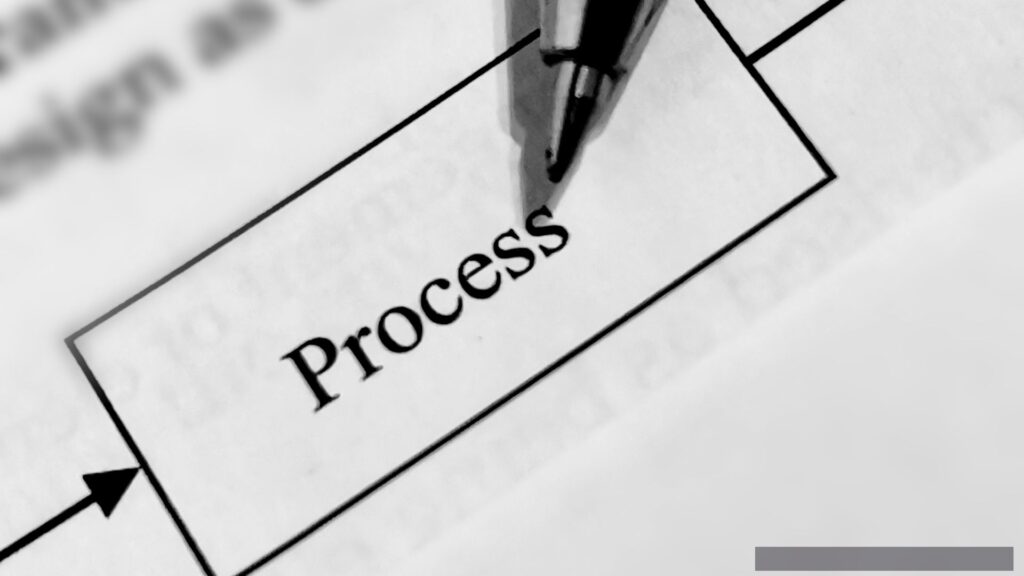Get An Instant Quote on South Dakota Notary Bond $5,000 with $5,000 EO Now
Introduction
The role of a notary public is one of trust and responsibility, where legal documents gain their seal of authenticity and credibility. In South Dakota, notaries serve as guardians of truth in written transactions, and to ensure they uphold the highest standards, the state mandates the South Dakota Notary Bond $5,000 with $5,000 EO. In this comprehensive guide, we’ll explore the intricacies of this bond, its significance, requirements, and the pivotal role it plays in safeguarding both the public and the notarial process.
Unveiling the South Dakota Notary Bond with EO
The South Dakota Notary Bond $5,000 with $5,000 Errors and Omissions (EO) is a financial guarantee that notaries public must obtain as part of their appointment. This bond serves as a symbol of trust and accountability, assuring the state, document signers, and the notary that their actions will be carried out with the utmost integrity.
Understanding the Bond’s Purpose
The primary purpose of the Notary Bond with EO is to protect the interests of the public and document signers. Notaries public are entrusted with verifying identities, witnessing signatures, and preventing fraud. This bond acts as a safety net, ensuring that if a notary makes an unintentional error or omission in their notarial acts, there are financial resources available for potential compensation.
Who Needs the Bond?
Notaries public appointed in South Dakota are generally required to obtain the Notary Bond $5,000 with $5,000 EO. This bond is applicable to notaries across various industries, from legal to financial, ensuring that the notarial process maintains its integrity and reliability.
Bond Amount and Cost
The bond amount for the Notary Bond with EO in South Dakota is set at $5,000, with an additional $5,000 of Errors and Omissions coverage. The cost of the bond premium depends on factors such as the bond amount, the notary’s experience, and creditworthiness. Notaries can obtain this bond from authorized surety bond providers.
The Application Process
- Select a Bond Provider: Notaries should choose a reputable surety bond provider authorized to issue bonds in South Dakota.
- Complete the Bond Application: Notaries fill out the bond application, providing the necessary financial information and documentation.
- Underwriting Process: The bond provider evaluates the notary’s financial health, background, and creditworthiness to determine the bond premium rate.
- Bond Issuance: Once approved, the bond provider issues the Notary Bond with EO, which the notary must maintain as part of their commitment to ethical notarial practices.
Preserving Trust in the Notarial Process
Obtaining the South Dakota Notary Bond $5,000 with $5,000 EO is not just a regulatory requirement; it’s a commitment to preserving trust in the notarial process. Notaries public stand as the gatekeepers of document integrity and must prioritize ethical and legal practices.
Conclusion
The South Dakota Notary Bond $5,000 with $5,000 EO is a vital instrument in preserving trust and security in notarial transactions within the state. By understanding its purpose, requirements, and application process, notaries public can serve with confidence, knowing they are part of a system designed to protect the interests of the public and maintain the integrity of notarial processes. Compliance with bonding regulations is not just a legal obligation but a commitment to upholding the principles of trust and security in South Dakota’s notarial community.
Frequently Asked Questions
Can a South Dakota notary public increase the Errors and Omissions (EO) coverage beyond the mandated $5,000 additional coverage?
In South Dakota, notaries public are generally required to obtain the Notary Bond with $5,000 EO coverage, which includes the additional $5,000 of Errors and Omissions coverage. The state typically does not provide provisions for notaries to increase the EO coverage beyond the mandated amount. The bond requirements are set to ensure a baseline level of protection for the public and document signers. If notaries wish to have higher EO coverage, they may explore additional insurance options, but this is not typically part of the bonding requirement.
Are there any specific exemptions or variations in bonding requirements for notaries public in South Dakota who primarily provide notarial services for specialized industries, such as healthcare or real estate?
South Dakota’s bonding requirements for notaries public are generally uniform across different industries and sectors. Regardless of the specific industries they serve, notaries are typically required to obtain the Notary Bond with $5,000 EO. There are no specific exemptions or variations based on the industries they serve. However, notaries who work in specialized fields may need to adhere to additional regulations or licensing requirements specific to their industry, in addition to the bonding requirement.
What happens if a South Dakota notary public makes an error or omission in their notarial act and a claim is filed against their Errors and Omissions (EO) coverage? How does the claims process work, and what responsibilities does the notary have in such a situation?
If a South Dakota notary public makes an error or omission in their notarial act, and a claim is filed against their EO coverage, the notary should promptly report the claim to their surety bond provider. The surety bond provider will then initiate an investigation into the claim. The notary is typically required to cooperate fully in the claims process, providing all necessary information and documentation. If the claim is found to be valid, the surety bond provider may provide compensation up to the coverage limit to the affected parties. However, the notary may be responsible for reimbursing the surety bond provider for any paid claims, up to the bond’s coverage limit, as well as any associated legal fees. It’s essential for notaries to understand their responsibilities in the event of a claim and cooperate with the claims process as required.


